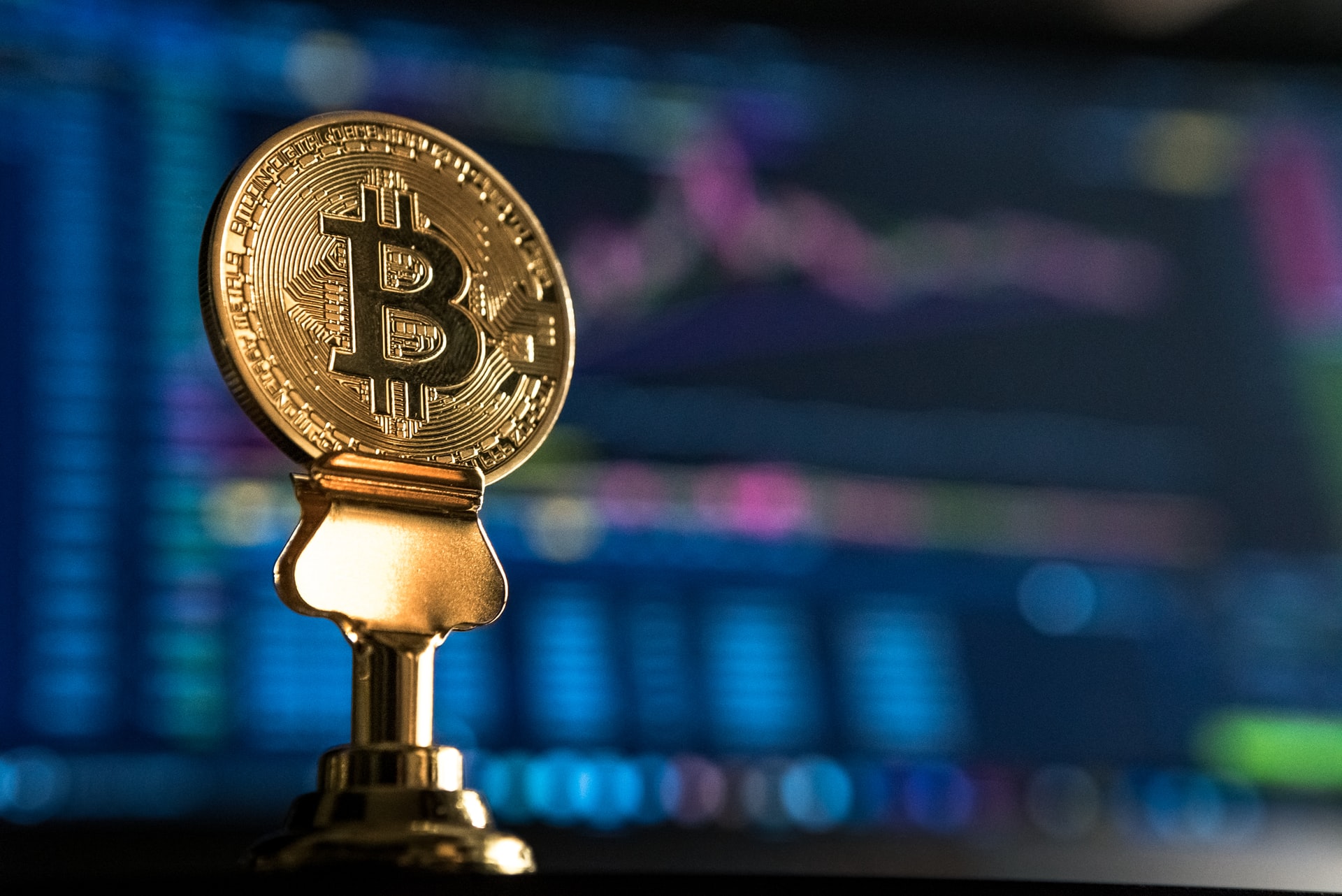What is the Crypto Economy and How Do You Become Part of It?

During one of the darkest economic periods in human history, a ray of hope in the form of Bitcoin emerged. With it also came a new digital economy that has since affected both industries and individuals. In this guide, we will explore the crypto economy and explain how you can become a part of it.
What Is the Crypto Economy?
To define the crypto economy, you must first understand what an economy is. Simply put, an economy consists of several markets that bring together buyers and sellers. Alternatively, you can define an economy as a system of producing, distributing, and consuming goods and services.
The crypto economy is a system of producing, distributing, and consuming crypto goods and services.
However, the crypto economy is different because goods, in this case, cryptocurrencies and tokens, are created algorithmically. Also, they are distributed and consumed in the digital space.
Since this economy is in the digital environment and decentralised, it changes the rules in a major way. For instance, governments attempt to be in charge of a country’s economy. However, no single organisation or government is in charge of the global crypto economy. Additionally, cryptocurrencies like bitcoin are censorship-resistant. That means that no one can ban you from using bitcoin.
Year after year, the decentralized digital economy is employing more people, creating a stable income stream for people in different parts of the world. Case in point, the digital asset industry had 20,000 professionals in 2019, according to a report published on The Block. 85 percent of these employees work for exchanges, mining firms, and development companies.
Components of the Crypto Economy
The components making up the crypto economy are steadily growing. Since bitcoin and blockchain technology emerged in 2009, many other products and services have cropped up as well. Below is a list of the components that make up this economy.
- Cryptocurrencies
- Tokens
- Blockchain networks
- DeFi protocols
- Crypto exchanges
- Crypto lending platforms
- Mining pools
- Crypto projects
- Crypto investment platforms
- Companies that offer blockchain-as-a-service
- Non-profit organisations
- Mining hardware companies
- Wallet companies
- Crypto media companies
- Merchants that accept bitcoin both online and offline
- Developers
- Miners
- Nodes
- Consumers
These components keep the economy alive. As long as the demand for crypto and blockchain exists, there will always be producers and distributors of these products.
How Big Is the Crypto Economy?
 At the time of writing this article, the global cryptocurrency market cap is $1.03 trillion. That makes the crypto market more valuable than Tesla, Facebook, and Visa.
At the time of writing this article, the global cryptocurrency market cap is $1.03 trillion. That makes the crypto market more valuable than Tesla, Facebook, and Visa.
Additionally, there are 34,256 markets, according to data on Coinmarketcap. That means that there are 34,256 different trading pairs available on the 294 exchanges it tracks. Also, the total daily volume of the 294 spot exchanges is $207.7 billion.
There are 8,287 cryptocurrencies in existence. Bitcoin is the largest cryptocurrency by market cap and price. Furthermore, the current market capitalisation of the DeFi market is $32.7 billion. The top DeFi tokens are chainlink, wrapped bitcoin, uniswap, aave, synthetix, and maker.
Moreover, the total locked value of liquidity pools in yield farming is $3.7 billion.
The value of the global blockchain market was $3 billion in 2020. This value is expected to rise to $39.7 billion by 2025.
Also, the biggest share of blockchain spending in 2020 went to the banking industry, followed by process manufacturing, as reported on Statista.
Based on these numbers, it is clear that the crypto economy is a force to reckon with. In the coming years, it could continue experiencing a high level of growth.
How Do You Become Part of it?
Joining the crypto economy is as easy as becoming a consumer of crypto products. You can become a consumer by:
- Investing in crypto
- Using crypto to buy products or services
- Trading crypto on exchanges
Moreover, you can take up a more serious role like running a master node or mining digital currencies. These roles keep blockchain networks running, emphasizing their significance. Running a masternode or mining crypto requires a sizeable investment.
You can also join this economy by starting a career in crypto or offering freelance services in return for crypto payments. In other words, the opportunities are plenty. That means that you only need to find a point of entry at the production, distribution, or consumption stages of this economy. Also, keep in mind that the crypto economy is open to everyone, including governments.
With adoption at the early stages, what we are seeing now in terms of market value is just the tip of the iceberg. That is because this economy is likely to keep growing as adoption soars.
To learn more about Bitcoin, download the Bitcoin Beginner’s Handbook for free.


Magic Eden Has Quietly Become the Best Ethereum NFT Marketplace

Samara Asset Group Launches Bitcoin CPI (BTCCPI)

Introducing Noones – Africa’s P2P Super App

Why Crypto’s Leading the Way in Africa’s Evolving Finance Landscape

The Rise of Bitcoin in the Online Gaming World

Unlock the Thrills of NHL Crypto Betting and Live Streaming

Understanding the Impact of Cryptocurrency Volatility on NBA Betting Markets

The Future of Crypto College Football Betting: Trends and Predictions

How Mobile Apps are Changing Sports Betting



